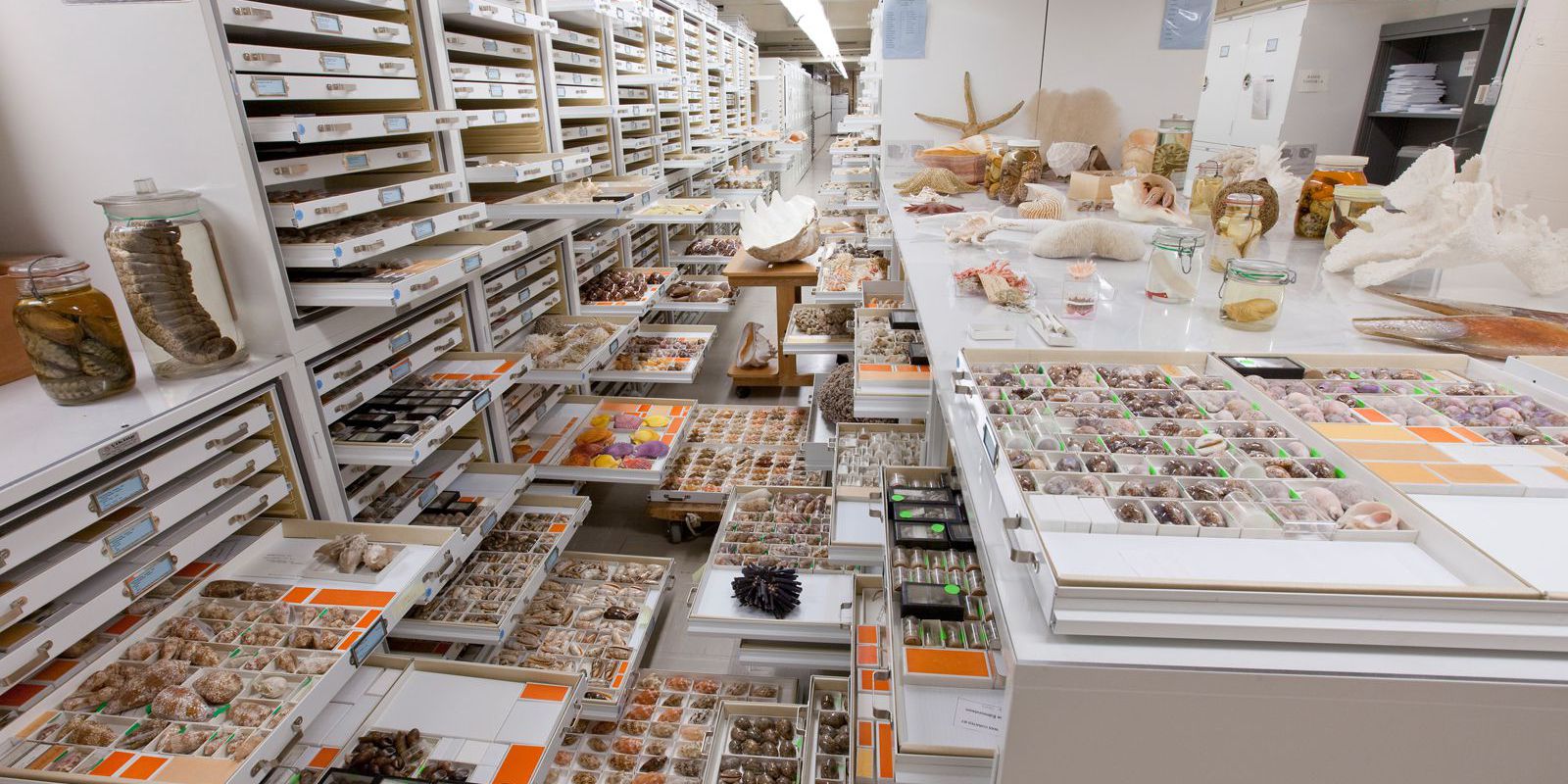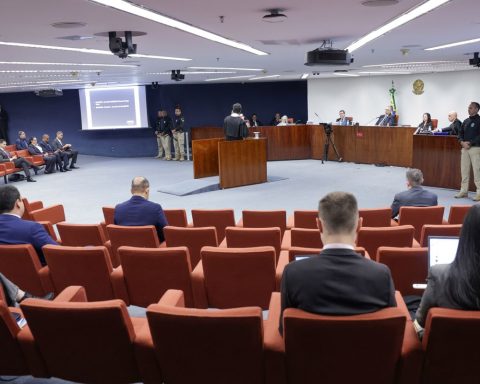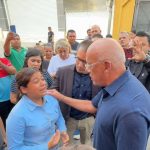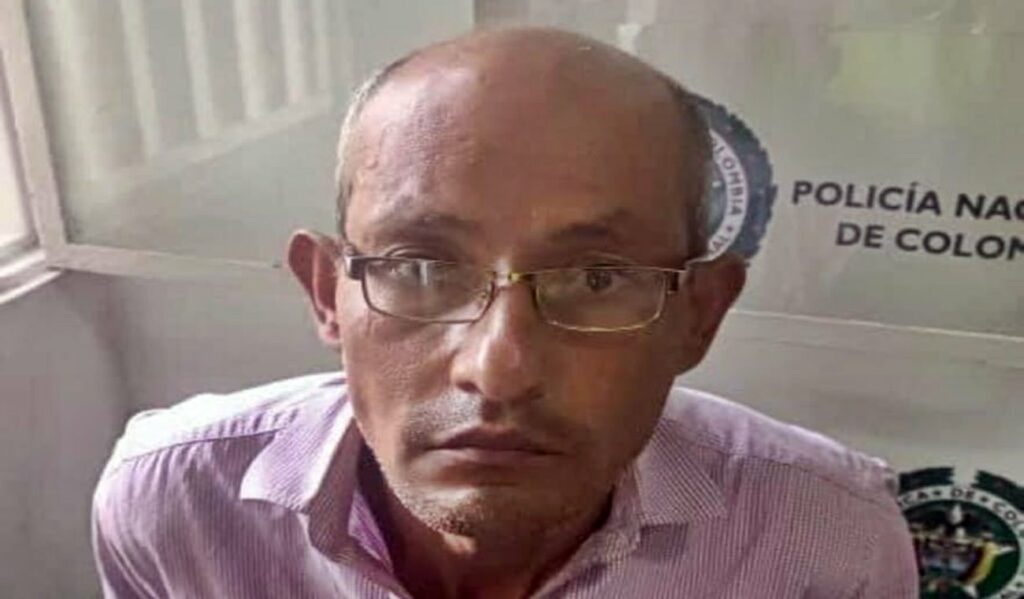Paleontologist Alexander Kellner, director of the National Museum at the Federal University of Rio de Janeiro (UFRJ), is one of the scientists who carried out a study on the collections of 73 natural history museums around the world.
The survey of world natural history collections was published last Wednesday (22) in the international journal science. Two other researchers from the National Museum participated in the work: the deputy director of collections, Cristiana Serejo, from the Department of Invertebrates, and the head of the Department of Vertebrates, Paulo Passos.
The study recorded information on 1.1 billion pieces gathered by 4,500 researchers and more than 4,000 volunteers. The initial data referring to the Global Collections can be accessed at zenodo platform.
The work was organized by paleontologist Kirk Johnson of the Smithsonian National Museum of Natural History and ornithologist Ian Owens of Cornell University, with funding from the Smithsonian Museumthe Natural History Museum in London and the American Museum of Natural History.
In an interview with Brazil Agency, Alexander Kellner reported that, before the National Museum suffered the fire that almost completely destroyed it, in 2018, there was already the idea of making a large catalog of natural history worldwide. “Because we have a lot of information and that information is sometimes lost. Sometimes, too, I have information that another museum needs and it doesn’t know that I have it”. He also pointed out that there are problems that affect all museums on the planet, such as the issue of preserving environments and biodiversity.
common language
He emphasized that, many times, public policies can work for one region, but not for others. “And if you want to do something more general, you have to understand exactly how is the issue of information on biodiversity in all countries, in all regions”, he said.
Led by Kirk Johnson, the scientists intended to bring together the main natural history museums in the world, aiming to have general data that could be used by everyone.
Gathering information is not a simple task, because it is necessary to have a common language, explained Kellner. “There is a whole refinement work that involved a lot of time between the institutions so that we could speak the same language. This has now been achieved,” he assured.
The director of the National Museum commented that the initiative does not end in itself, but marks the beginning of the task and should serve as an inspiration so that we can move forward and involve even more museums around the world. In the survey, there is a predominance of European museums, to the detriment of museums in South America and Africa, for example. “That has to change,” he opined.
Most institutions are located in the northern hemisphere, in Europe and the United States, with important museums and research centers in Brazil, Mexico and Australia, mainly. Contacts with the National Museum were made around 2017, but the international group of scientists had already been working since 2016.
Homework
Kellner said that, in the case of the National Museum, the idea is to do your own homework, since the information available from the institution was not the most complete. “It was a learning experience for us,” he said.
The next step will be to digitize the collections to make the data available. The director is seeking funding for the task. He has resources from the Research Support Foundation of the State of Rio de Janeiro (Faperj), but he guaranteed that he is looking for more funds to expand the task.
“How do we attract other partners? It’s showing what we do, inviting them to participate and trying, in some way, to provide assistance so that they can also do this work. It must be understood that many museums, unfortunately, do not even have a collections manager. There is an awareness that this work helps along these lines and we have to promote it in our country and in other developing nations. It is necessary to take care of the collections that we have. This is fundamental and requires resources”, he assured. The second stage of the study has already begun and consists of detailing the compiled data in more detail, also working on the digitization of the collections.
Scratchs
Natural history collections are at risk. Therefore, researchers felt the need to digitize and gather information about important institutions in a universal data platform.
In Global Collections, they listed some of the risks that museums and their collections have suffered, including the fires that destroyed part of the collection at the National Museum in Rio and New Delhi, India, and the missile that hit the National Herbarium of Ukraine in October last year. The researchers also cited the lack of investment in infrastructure and research as a threat to the items on display.
Despite the significant number of objects gathered in the collections, they represent only 16% of the total, as this percentage is what is digitized by the museums. The parts used in the study published in the journal science were divided into 19 types of collections, such as botany, entomology and anthropology and by 16 geographic regions, nine terrestrial and seven marine. The researchers also said that few actions were carried out in the most remote regions of the planet, with 3% in the Arctic and 6% in Antarctica, the latter also studied by technicians from the National Museum. The complete list of participating institutions and authors can be found here.
Kellner traveled to Germany, where he will participate in meetings to advance in the recovery work of the National Museum in Rio, initiated in recent years.
















